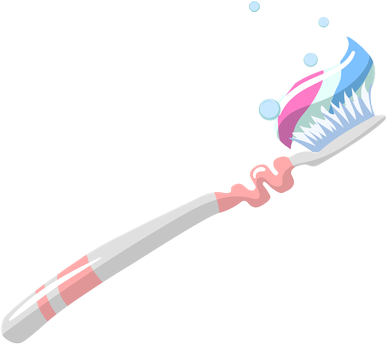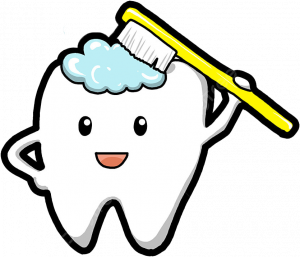 Bloomsburg, Danville, and Lewisburg, PA
Bloomsburg, Danville, and Lewisburg, PA
Tooth sensitivity is nothing new, and it affects lots of people. Some people may notice tooth sensitivity when brushing or flossing their teeth, which means that brushing too hard or using a hard-bristled toothbrush certainly could be to blame. However, this isn’t always the case. If you experience occasional tooth sensitivity, it is best to have a dentist check it out because there could be something more serious going on with your teeth.
Drs. David and Joel Hamilton, family dentists in Bloomsburg, want you to know why your toothbrush may not be to blame for your sensitive teeth, and what can be done about it.
What causes teeth to become sensitive?
When our teeth develop, an outer layer referred to as enamel is formed. This is the part of your teeth that you see when you smile. Enamel is white in color, although it becomes stained from the foods and beverages we consume or by other lifestyle habits such as tobacco use, and in some cases, certain medications. Enamel also is the strongest biological material in your body, even stronger than your bones! Its job is to protect your teeth from sensitivity, plus it generally looks nice if you take care of your teeth. But, when enamel wears thin, or gums recede, the underlayer known as the dentin, becomes exposed. This is when tooth sensitivity typically occurs.
Now, the question is, what is causing your teeth to feel sensitive resulting in sudden sharp pain? While the answer to that question will look different for each patient, we want to point out a few common culprits that could be causing you pain.
Old Fillings or Dental Work
Fillings have a lifespan. If you are an adult with those old, silver fillings in your back teeth, it is likely that those fillings have been there for quite some time. Those fillings, referred to as amalgam fillings, eventually become loose and begin to leak. While you may not see this happening, you certainly can feel it. It doesn’t necessarily mean that your filling wasn’t installed correctly, it is just what happens with old dental work. This is one reason why regular dental visits are essential because we can typically detect these types of issues by thoroughly inspecting your teeth, or by assessing your dental X-rays. If you experience sensitivity in a single tooth, and that tooth just so happens to have an old filling, crown, or any other type of dental work, it may be time for an upgrade.
Cracked Tooth
Teeth can become cracked from having bitten down on something hard, an injury to the face, or an old filling that is coming loose. A tooth may crack from various other reasons, and just like a loose filling or dental crown, you may not be able to see the crack yourself. You will, however, start to experience tooth sensitivity from time to time that eventually may lead to a toothache. A simple checkup can narrow down the problem tooth, and your Bloomsburg dentist can recommend the best course of treatment to repair and save your tooth.
Gum Disease
Another reason you may be experiencing tooth sensitivity is that you might have gum disease. Gum disease refers to an active infection of the gums and jawbone. It begins as a result of not taking good care of your teeth, and by not going to the dentist regularly for cleanings and checkups. It is quite astonishing that more than half of adults in America have gum disease, and many of them don’t even know it! If your tooth sensitivity is more wide-spread or is affecting a specific area of your mouth, it could be caused by gum disease.
The only way to stop tooth sensitivity related to gum disease is to receive professional dental treatment for your gum disease, and then you must commit to a healthy regimen of oral care at home that includes brushing twice a day and flossing daily. Ignoring tooth sensitivity related to gum disease will only make matters worse, and eventually, you could start losing your teeth, not to mention the health risks associated with gum diseases such as an increased risk of heart disease, stroke, and diabetes.
As you can see, tooth sensitivity can range from needing old dental work replaced, a tooth repaired, or treatment for an active gum infection. Because tooth sensitivity may point to something serious, it is important to discuss it with your dentist, and not ignore the problem. While it may result in only needing to change up your oral care routine, it could mean something worse that could seriously jeopardize your oral health, and your overall health.
To learn more or to schedule an evaluation to discuss your tooth sensitivity with the dentists at Hamilton Dental Care, please call our office at (570) 387-0533. We welcome patients from Bloomsburg, Danville, and Lewisburg.







Comments are closed